8.7.23
If your biological parents gave you up for adoption, why should you fulfil a single one of their wishes?
If they refused to talk to you, how would you reconcile your feelings without becoming bitter or destructive?
Would a part of you love them still even after they repeatedly failed you?
I really enjoyed Return to Seoul because it made me seriously think about questions that I have no business asking myself. It’s a film of superb solo character development and the changing of ‘the self’ through time, with a unique contrast of French and Korean cultures oddly blending together beautifully.
Without relying on an overbearing soundtrack or exposition, the film has a stark, realistic feeling that draws you into the discomfort and inhibitions of the lead character Freddie. Key scenes of her interacting with her complicated family members showcase the complexity of her inner turmoil. In her return to Seoul, Freddie grapples with pieces of her past and present colliding in awkward ways, selfish acts and self-destructive tendencies. The great character development shows her fears of offending her birth family while also being true to her adoptive French family. The nuanced portrayal of this inner conflict makes you empathise with her, even when she makes poor but understandable decisions.
While at times the pacing of Return to Seoul feels slow, it fits the melancholic vibe of Freddie’s journey. She never seems fully comfortable or at peace with either side of herself, highlighted through scenes of her struggling to communicate in Korean. Her huge porcelain face often fills the screen to portray the sense that this girl is experiencing discomfort and awkwardness in Korea, which makes it entertaining on the occasions she chooses to react living without inhibition or fearing who she will offend. This plays on the stereotype that she is French liberal rather than conservative Korean. Mixing Vietnam with French seems natural, likewise Spanish and Filipino doesn’t seem at odds with perception, but Korean with French seems so alien and contrasting, and can be seen as a unique blending of cultures which makes the film distinctive in this sense.
When the odd song comes, like during the karaoke bar scene, the music is pulsing and energising, matching Freddie’s turbulent mood. But as mentioned, the true strength of the film is her illuminating and vibrant character development through the different time jumps. Overall, Return to Seoul provides an introspective character study inside a sparse, grounded film that has stayed with me for days after seeing it. A serious recommendation for patient film watchers who prefer something slower and deeper, away from the loud but excellent franchise films of 2023 so far. Available on MUBI.
